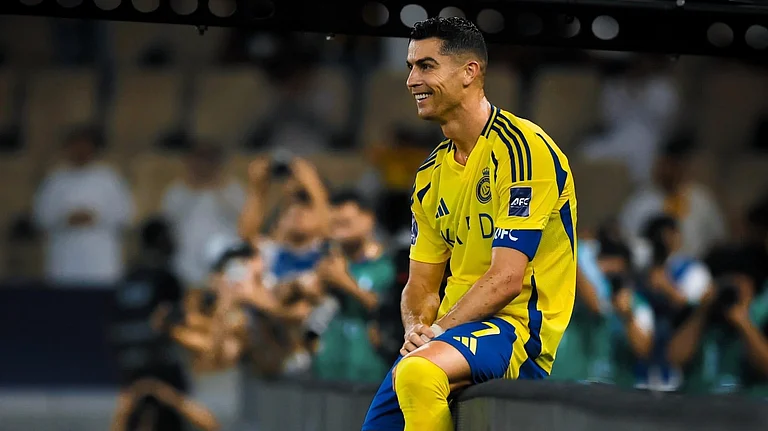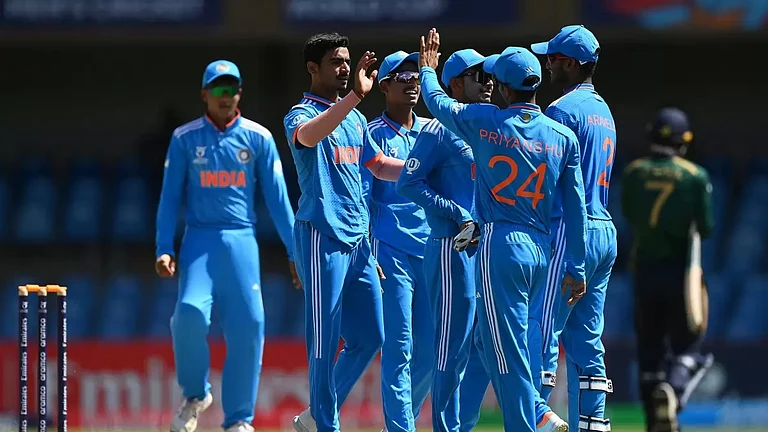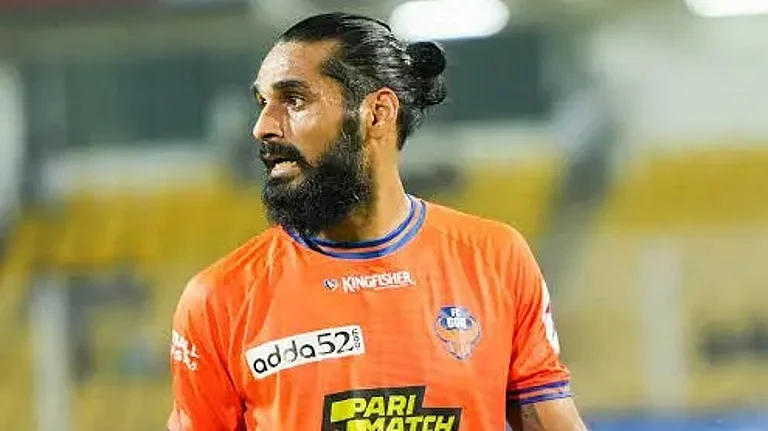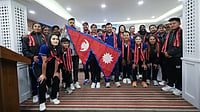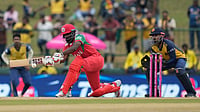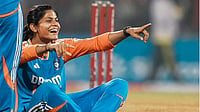
Indian clubs have a rich legacy in Asian football dating back to the 1950s
FC Goa were the first Indian club in the AFC Champions League group stage in 2021
FC Goa will take on Al-Seeb Club at Jawaharlal Nehru Stadium on August 13, 2024
FC Goa face Oman’s Al Seeb Club in the AFC Champions League Two 2025-26 preliminary stage at Margao’s Jawaharlal Nehru Stadium on Wednesday (August 14, 2024), marking a key return to Asian football.
The AFC Champions League Two (ACL Two), rebranded from the AFC Cup in 2024, functions as the second-tier continental competition for club football in Asia, below the AFC Champions League Elite.
The prize pool has increased, and winning clubs gain an indirect slot in the next season’s AFC Champions League Elite, if they have not already qualified through domestic competition. Sharjah FC of the United Arab Emirates are the current champions.
FC Goa's Continental Milestones
FC Goa already marked a milestone for Indian club football when they debuted in the AFC Champions League group stage in 2021, becoming the first Indian club to enter the continent’s premier club competition, the AFC Champions League, directly.
Despite playing against stronger and more experienced opponents, the Indian Super League (ISL) side managed credible performances with several draws but did not progress beyond the group phase.
Prior to this, most Indian clubs, including Goa, participated in the now-rebranded AFC Cup, achieving varied levels of success but rarely advancing deep into the knockout rounds.
In recent times, other outfits such as Mohun Bagan, East Bengal, and Bengaluru FC have also qualified intermittently for continental competitions, with the Torch Bearers reaching the semifinals of the 2013 AFC Cup, and the Blues famously reaching the AFC Cup final in 2016, the best performance by an Indian club in a pan-Asian club tournament to date.
Indian clubs have increased their participation in AFC competitions, with five different teams representing the country in continental tournaments over the last four years.
Indian Football Clubs In International Tournaments
Indian football clubs, including East Bengal, Mohun Bagan, and Mohammedan Sporting, have a significant legacy in both regional and continental competitions, with prominent participation dating back to the 1950s and 1960s 'golden era' of Indian football.
These clubs were dominant in early landmark tournaments like the Durand Cup, the oldest football competition in Asia, established in 1888, which played a vital role in shaping competitive football in the subcontinent.
Indian clubs, historically, have often faced resource constraints and limited international exposure, which influenced their results on the larger Asian stage as compared to counterparts from the West and Southeast Asia.
The Calcutta Football League, launched in 1898, is Asia’s oldest league and one of the oldest football competitions in the world. It has featured uninterrupted seasons except during World War II.
Mohun Bagan’s 1911 IFA Shield victory against the East Yorkshire Regiment marked the first time an Indian team defeated a British side in a major tournament, sparking national pride.
Beyond the club competitions, the Indian national team secured major triumphs, including victories at the 1951 and 1962 Asian Games, and a fourth-place finish during the 1956 Melbourne Olympics.
The SAFF Championship remains a rare domain where Indian teams have been highly successful, winning a record eight titles, exemplifying their regional dominance but underscoring a challenging transition to pan-Asian success in international football tournaments.
The All India Football Federation introduced the National Football League in 1996 to unify regional competitions, later replaced by the I-League in 2007. The Indian Super League, launched in 2014, drew international players and coaches, boosting the sport’s profile and commercial appeal, until administrative chaos engulfed the country's top-tier league.







